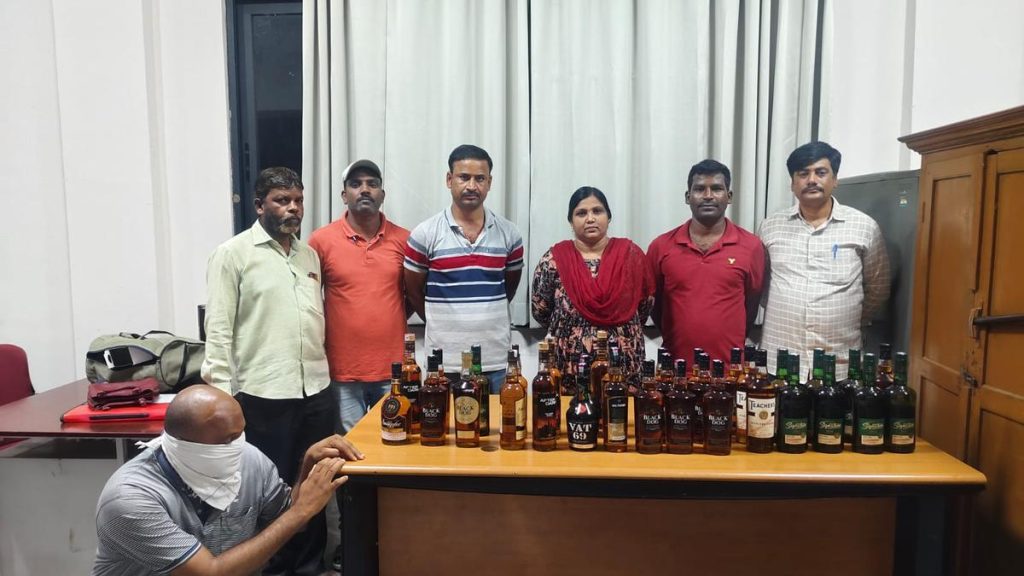Now Reading: HC Issues Guidelines for Arrests on Court Premises by Police
-
01
HC Issues Guidelines for Arrests on Court Premises by Police
HC Issues Guidelines for Arrests on Court Premises by Police

Quick Summary
- The Kerala High Court outlined guidelines for police arrests on court premises.
- A Division Bench of Justice A.K. Jayasankaran Nambiar and Justice Jobin Sebastian issued the order in a suo motu case initiated after clashes between police and lawyers at Ramankary Magistrate Court, Alappuzha.
- The case stemmed from a letter sent by the Kerala High Court Advocates’ association (KHCAA).
- The court directed the State Police Chief to formulate a code of conduct with input from stakeholders, including the Bar Council of Kerala and KHCAA leadership.
- “Court premises” were defined as all lands, buildings, and structures linked to court proceedings during working hours or until court sessions end (excluding residential quarters).
- Arrests or detentions on court premises during working hours must have prior permission or intimation to the presiding officer/jurisdictional court except in exigent cases like preventing cognizable offences or executing long-pending warrants.
- Intimation is mandatory even for urgent arrests after action is taken.
- A two-tier grievance redressal system was proposed at both State and district levels.
Indian Opinion Analysis
The directives issued by the Kerala High Court emphasize protecting accountability in interactions between law enforcement agencies and judicial institutions while ensuring public safety within courts’ environments. By defining “court premises” expansively and requiring specific protocols for arrests during operating hours, these measures aim to create boundaries that safeguard judicial independence while accommodating exceptions required for law enforcement efficacy.
The framework also underscores recognition of professional grievances faced by legal practitioners when interacting with enforcement officials-a sentiment mirrored in reports of friction such as that observed at Ramankary Magistrate Court-highlighting collaborative decision-making processes involving diverse stakeholders like KHCAA, Bar Council members, etc., toward lasting resolutions Preventive existing procedural checks reinforced On participants duties Also strengthened
























